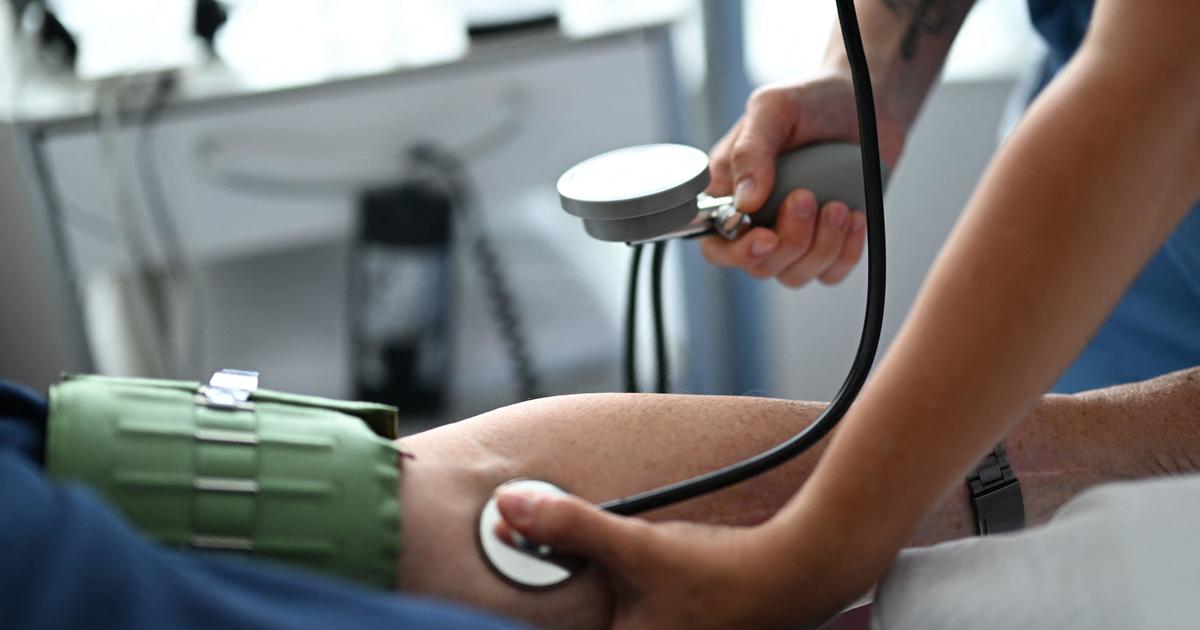3D Printed Knee Replacements Could Offer Decades Of Pain Free Mobility
NEW YORK (CBSNewYork) -- If you want a really perfect fit for a suit or a dress you would probably get it customized for your body size and shape.
So why not do the same for something even more important like a total knee replacement?
As CBS2's Dr. Max Gomez explained, that's exactly what one company is doing, thanks to 3D printing.
There are 750,000 total knee replacements done every year, and that number has been going way up as baby boomers wear out their knees.
How well those artificial knees relieve pain and how long they last depends on getting the fit and alignment just right. That's where the custom implants help.
Fitch Lockwood has a knee that's pain free and can flex better than most 64-year-olds, but that wasn't the case a few months ago.
"I developed a limp about three-and-a-half years ago, my knee was aching all the time," he said.
Like many people his age, Fitch had developed osteoarthritis of the knee. He's basically worn out the cartilage on the ends of his thigh and shin bones. Until doctors learn how to regenerate that cartilage a total knee replacement is the last option.
"In terms of a conventional knee, we do very well with it. We do a nice job of getting it right most of the time. But most of the time isn't good enough in surgery and that's where this comes in," Dr. Eric Grossman said.
Dr. Grossman was referring to a customized knee replacement made to specifically fit your particular anatomy.
It starts with a CAT scan of the knee which gets sent off to Boston based Conformis which uses a computer algorithm to take precise measurements for a custom implant.
"What we wanna do is replicate anatomy and this does that to the closest degree possible," Dr. Grossman said.
The next steps are where things get very high-tech. Conformis uses 3D printing to help make a knee implant to your precise measurements.
That's partly the implant itself and also the instruments that help the surgeon place the implant in the exact alignment to correct any deformity.
"So the implant survives for 20 to 30 years in the best sense. You want weight distribution to be balanced, so that it doesn't prematurely wear in that area," Dr. Grossman said.
Fitch had his custom implant done just 4 months ago.
"Within a week after surgery I threw away the cane and crutches. Now it feels like my natural knee, really does," he said.
The question is; who needs a custom knee since conventional implants come in many different sizes and shapes?
Dr. Grossman argued that most people could probably benefit from a custom implant, but it remains to be seen how widespread its adoption will be.
The cost is about the same as a conventional implant.



